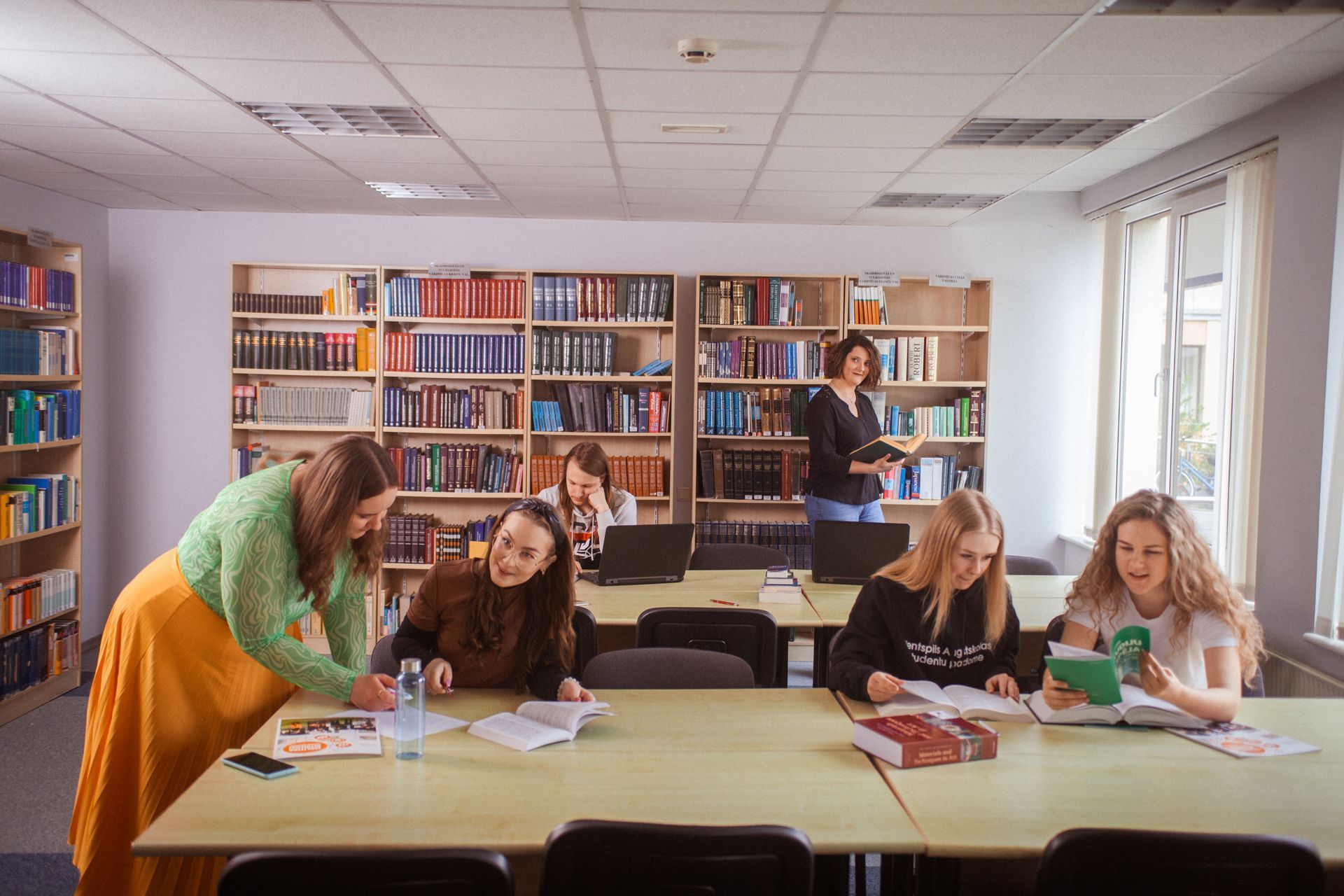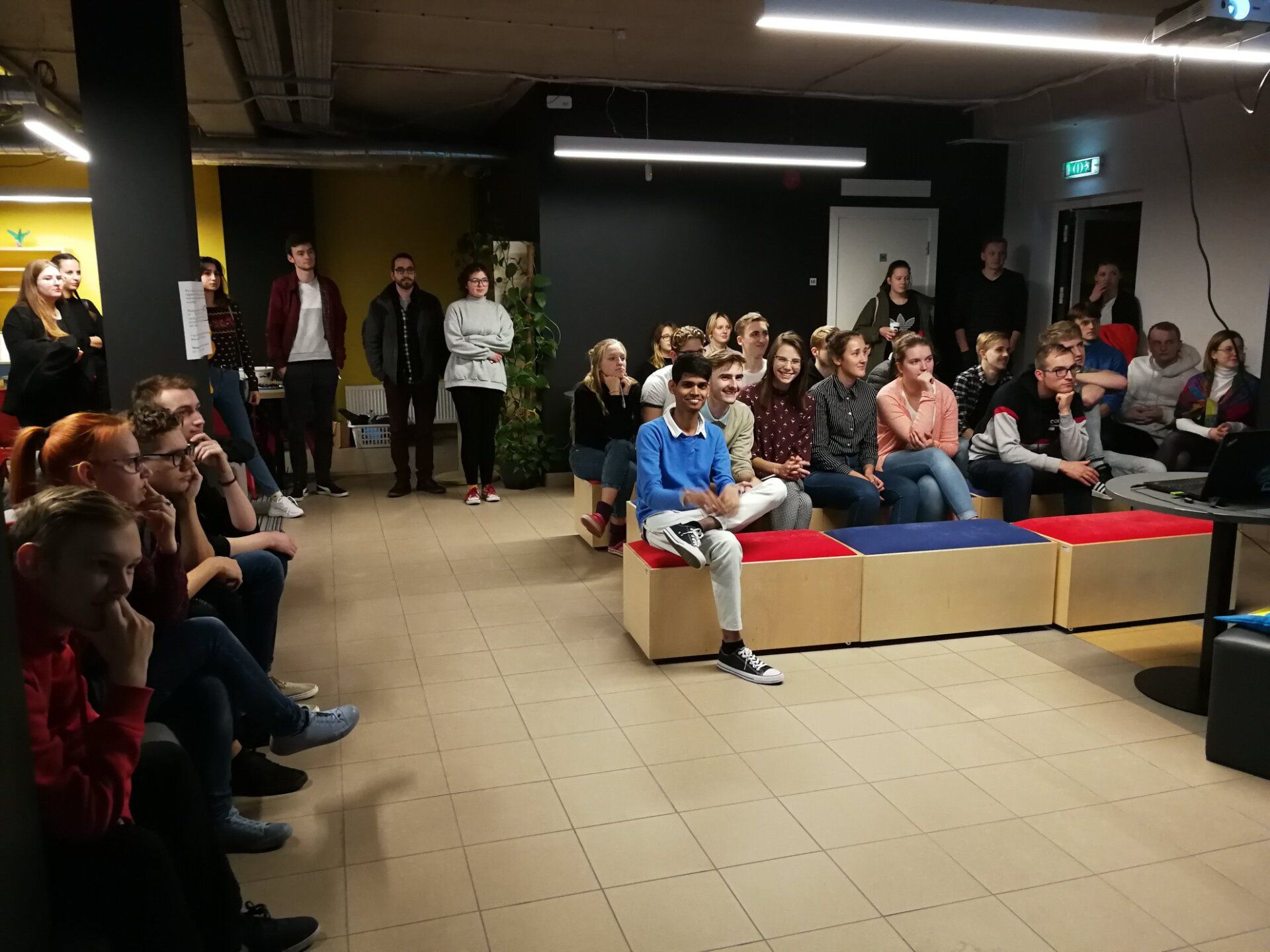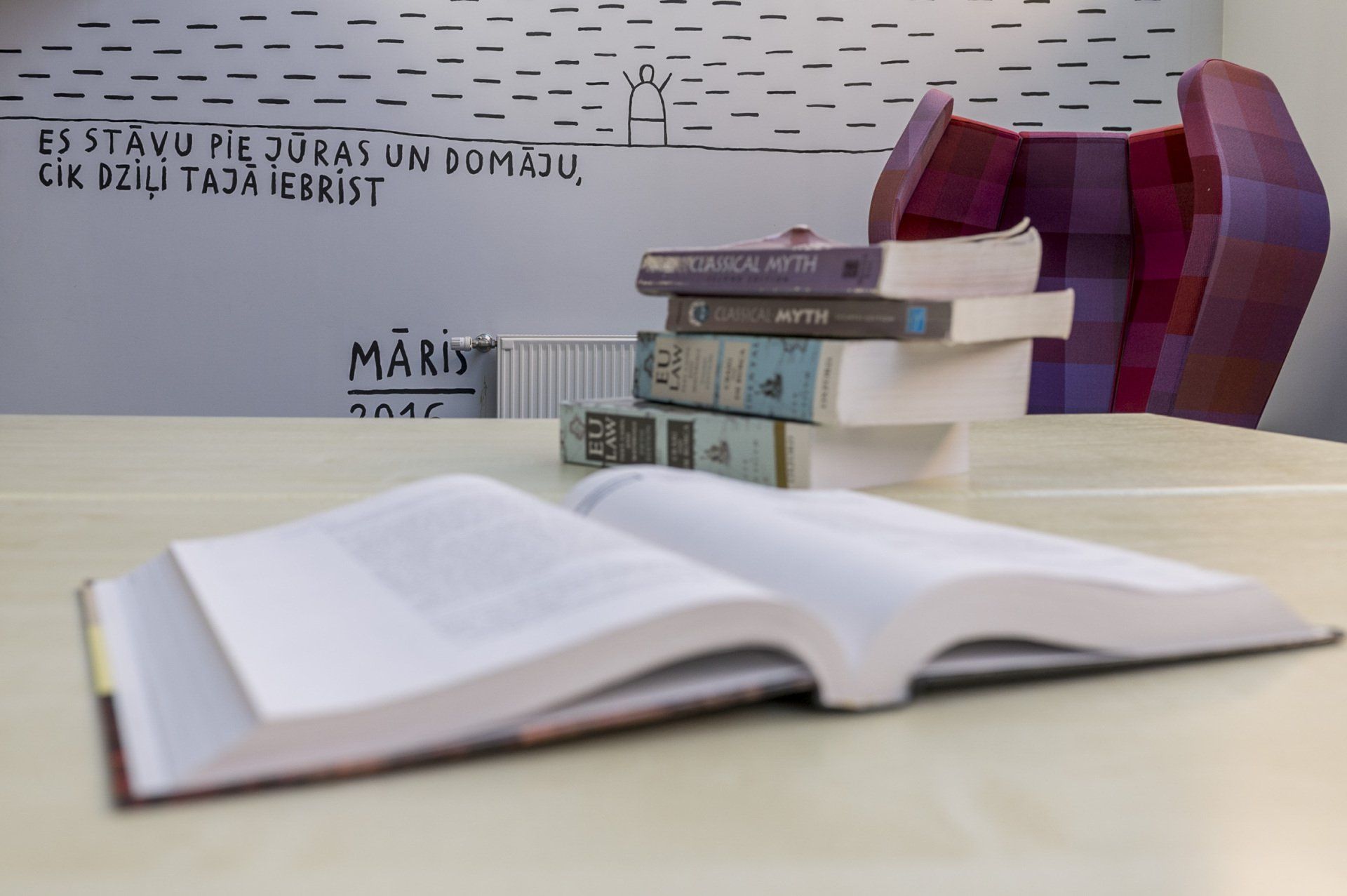Strategic Intercultural Communication
In an increasingly globalized world the knowledge of languages and awareness of cultural environment have gained utmost importance. Ventspils University of Applied Sciences is the place where, in addition to learning languages and finer aspect of various cultures, you will also become and expert in intercultural communication, linguistic cultural analysis, public relations and a lot more.
Briefly about the program
DEGREE OBTAINED: Professional Master's Degree in Intercultural Communication
QUALIFICATION: Strategic Communication Manager
DURATION OF STUDIES: 1* or 2** years
*1 year:
For students with a professional bachelor's degree and / or a fifth level professional qualification in the field of study: Language and culture studies, mother tongue studies and language programs
**2 years:
For students with an academic bachelor's degree in a field of study: Language and culture studies, mother tongue studies and language programs, or an academic or professional degree in another field of study
FORM OF STUDIES: Full-time attendance
LANGUAGE- English, Latvian
ADMISSION REQUIREMENTS: Bachelor's degree, weighted average mark obtained in bachelor's studies, proof of English language proficiency (B2 / C1) or examination
STATE FUNDED PLACES*: HERE
FEE PAYING STUDY PLACES:
STUDY FEE: HERE
*State-funded study places are open to all citizens of the Republic of Latvia, EU, EEA and Schengen area countries.

Job opportunities
Graduates can work in positions in strategic communications in companies of various industries and in public administration.
1 year program
1st semester
Courses of study that keep up to date with the latest developments in theory and practice
- Theories and Models of Intercultural Communication
- Innovation and Technology Management in Intercultural Communication
- Digital Corporative Communication Strategy
Courses in research, creative work, design work and management studies
- Strategic Human Resources Management
- Linguistic Cultural Analysis
- Organization of Research
Free of Choice Courses
Courses of the student's free choice
Internship
The student goes on a 1-month internship at a self-selected internship in the field of public relations or strategic communication.
2nd semester
Master's Thesis
One semester is devoted to the development of a master's thesis on a topic chosen by the student.
2 year program
1st semester
Courses in research, creative work, design work and management studies
- Role of Translation
- Social Media Communication
- Intercultural Aspects of Marketing
- Digital Culture Management
- Preparation and Implementation of Projects for Intercultural Communication
- Record Keeping and Basics of Corporate Finance Management in Intercultural Communication
- Crisis Communication in Intercultural Communication Context
- Business English
- Business Ethics and Culture
- Sustainability of Society in Terms of Intercultural Communication
2nd semester
Internship
The student goes on a 4-month long internship at a self-selected internship in the field of public relations or strategic communication.
3rd semester
Courses of study that keep up to date with the latest developments in theory and practice
- Theories and Models of Intercultural Communication
- Innovation and Technology Management in Intercultural Communication
- Digital Corporative Communication Strategy
Courses in research, creative work, design work and management studies
- Strategic Human Resources Management
- Linguistic Cultural Analysis
- Organization of Research
- Civil protection and environmental sustainability (To be acquired additionally if not acquired previously )
Free of Choice Courses
Courses of the student's free choice
Internship
The student goes on a 1-month internship at a self-selected internship in the field of public relations or strategic communication.
4th semester
Master's Thesis
One semester is devoted to the development of a master's thesis on a topic chosen by the student.
Type and form of study implementation
Studies take place in person, but lecture materials are also available digitally, giving students the opportunity to easily adapt to the pace of studies. During two years, students strengthen their theoretical knowledge, as well as improve their skills and test what they have learned in a real work environment - in practice. The session takes place twice a year - in January and June.



